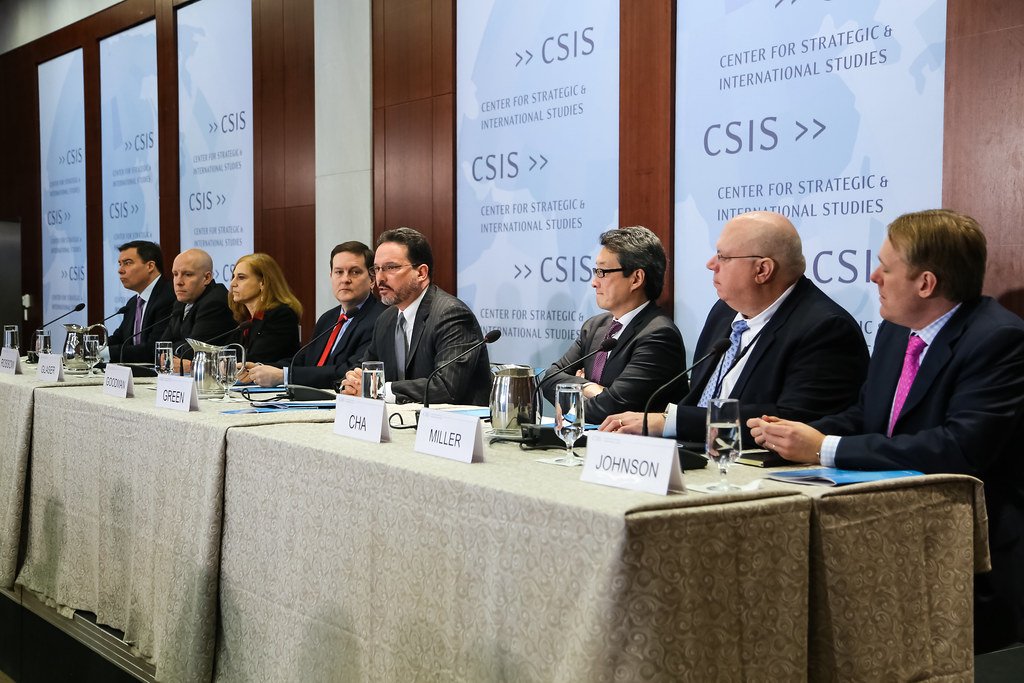In a recent address, U.S. Deputy Treasury Secretary Wally Adeyemo discussed China’s emerging economic issues and their possible impacts on the global stage. His comments came on the heels of President Joe Biden’s remark where he labeled China’s economic situation a “crisis.”
Beijing’s Internal Economic Struggles
China, undoubtedly a dominant player in the global economy, has had its fair share of economic challenges. While Beijing possesses substantial resources to address short-term economic concerns, the more complex and intricate problems lie in the realm of long-term structural issues. For instance, the country grapples with demographic shifts – an aging population and a declining birth rate. Concurrently, high levels of debt, both at the government and corporate levels, cast a shadow over its economic outlook.
These long-term structural issues, as Adeyemo noted, “are going to be far harder for them to deal with over time.” His statement during the television interviews, especially with CNN, emphasizes the depth and gravity of these challenges.
External signs suggest that all might not be well within the Chinese economy. The conspicuous absence of China’s leader from the recent G20 summit has fueled speculations and concerns about an economic downturn. Furthermore, President Biden remarked on the slowing growth in China, attributing it partly to the broader weak global economic environment and to some of China’s own policies. However, he refrained from delving into the specifics of these policies.
During his Asian tour, President Biden highlighted some of China’s more immediate economic challenges, notably the real estate sector’s instability and the surge in youth unemployment rates. Both these factors have the potential to send shockwaves through the country’s economy if not addressed promptly and effectively.
The Ripple Effect of China’s Economic State
In his discussions on CNN, Deputy Treasury Secretary Adeyemo was quick to emphasize the ramifications of a wobbly Chinese economy. According to him, while the effects might resonate on a global scale, the countries in immediate proximity, China’s neighbors, will bear the brunt of its economic slowdown. He stated that a “slowing Chinese economy is going to have an impact, but mostly on their neighbors.”
There have been discussions and speculations on China’s potential move to liquidate its U.S. Treasury holdings in the wake of its economic challenges. Addressing this concern, Adeyemo expressed a greater worry about China’s slowdown’s ramifications on neighboring Asian nations and Europe. He believed that the robustness of the U.S. economy would insulate it from direct harm. His stance, shared at the Economic Club of New York, underlines the sentiment that “the United States is well-positioned to withstand the Chinese headwinds.”
While the direct economic implications for the U.S. might be limited, there’s no doubt that any economic turmoil in China would send ripples across the global financial ecosystem. The interconnectedness of today’s global economies means that while some countries might escape direct implications, secondary and tertiary effects could be more widespread.
U.S. Corporate Interests and China’s Economic Decisions
From an American corporate perspective, while individual company operations might be affected by China’s specific decisions, the broader U.S. economic structure remains relatively insulated. In Adeyemo’s conversation with CNBC, he reiterated this belief, stating that “when you look at the economy, the United States has some exposure but it’s limited.”
However, it’s worth noting the asymmetry in business operations. While Chinese businesses operate relatively freely in the U.S., enjoying access to American consumers, the same cannot always be said for U.S. businesses in China. Adeyemo emphasized the importance of a level playing field, expressing a desire for American (and European) businesses to enjoy the same privileges in China.
The Way Forward for China
One of the potential ways for China to mitigate some of its economic challenges, according to Adeyemo, is to further open its economy to the private sector. This move, he believes, can stimulate the economy by ushering in healthy competition.
Wrapping up his interactions, Adeyemo conveyed the overarching sentiment that while China’s economic challenges are a concern, they’re more likely to affect its regional neighbors than exert direct pressure on the U.S. economy. However, with China’s role in global economics, these developments are something the U.S. government, and indeed the world, will be watching closely.v
Read More:
